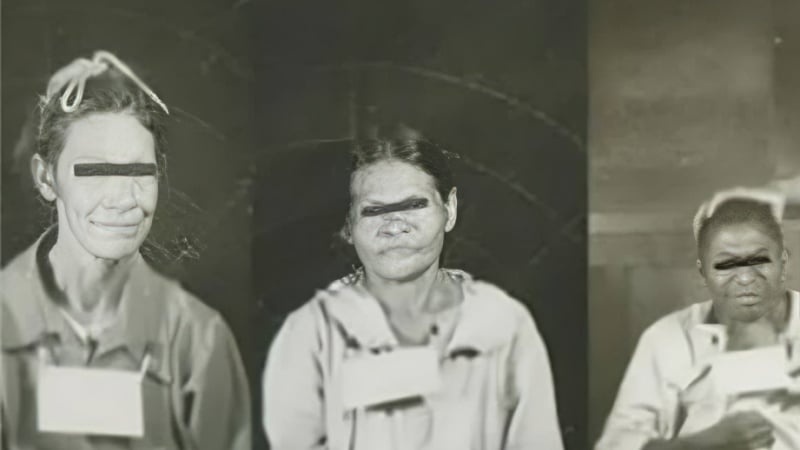Revisiting western crimes | U.S. use of 5,000 humans as lab rats in Guatemala
-

Victims of the U.S. inhumane experiments in Guatemala
Pars Today – A look at America’s scientific history reveals that racist and discriminatory attitudes toward human beings in the U.S. led researchers to use people — especially African Americans and marginalized groups — as laboratory test subjects.
According to Pars Today, the case of the “5,000 Guatemalan lab rats” refers to one of the darkest chapters in U.S. medical history, which took place in Guatemala. But these “lab rats” were in fact human beings who fell victim to inhumane experiments.
Between 1946 and 1948, American researchers led by Dr. John Charles Cutler carried out experiments in Guatemala to study the effects of penicillin on sexually transmitted diseases. In these experiments, more than five thousand Guatemalan prisoners, sex workers, psychiatric patients, and soldiers were deliberately infected with STDs by American researchers in order to observe penicillin’s effectiveness in treatment. Without their consent, individuals were intentionally exposed to diseases such as syphilis and gonorrhea so that their bodily responses to treatment could be examined.
In this study, nearly 1,300 of these prisoners were infected with various sexually transmitted diseases without being informed of the purpose of the experiments or the risks involved. This case stands as a historical example of human abuse in medical research, later recognized as a blatant violation of medical ethics and human rights. In 2010, after the revelation of this horrific crime, Álvaro Colom, the then-President of Guatemala, described the experiments as a “crime against humanity” and called for an international investigation.
In 2011, Barack Obama, then President of the United States, made a formal apology during a phone call with Álvaro Colom, then President of Guatemala, for these actions. However, many considered the apology insufficient, as no steps were taken to provide compensation to the victims of these inhumane experiments.
The inhumane experiments in Guatemala were not only a dark stain on the history of medicine but also had significant repercussions for international relations, particularly between the United States and Latin America. Following the disclosure of these experiments in 2010, many Latin American countries grew suspicious of Washington’s true intentions regarding medical and scientific cooperation. This mistrust became deeply rooted, especially in areas related to public health and human rights. The incident prompted international organizations and human rights bodies to pay closer attention to ethics in scientific research and spurred pressure for stricter regulations regarding informed consent in human studies. Globally, these revelations damaged the scientific and ethical reputation of the United States, leading many countries to exercise greater caution in their scientific and medical interactions with the U.S.


